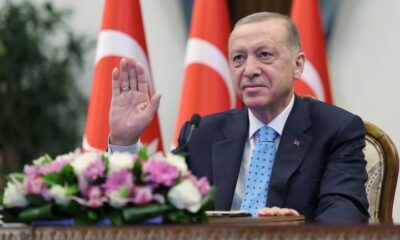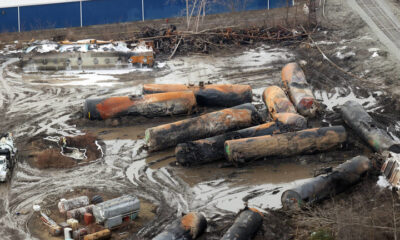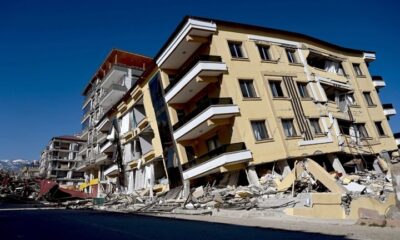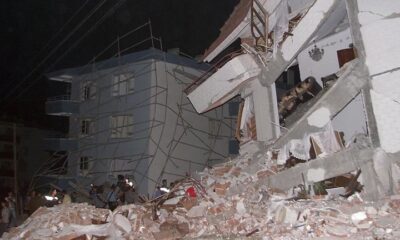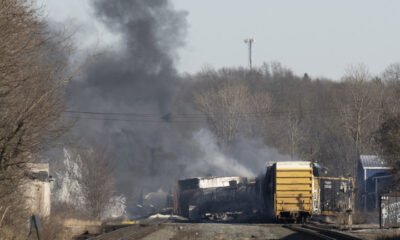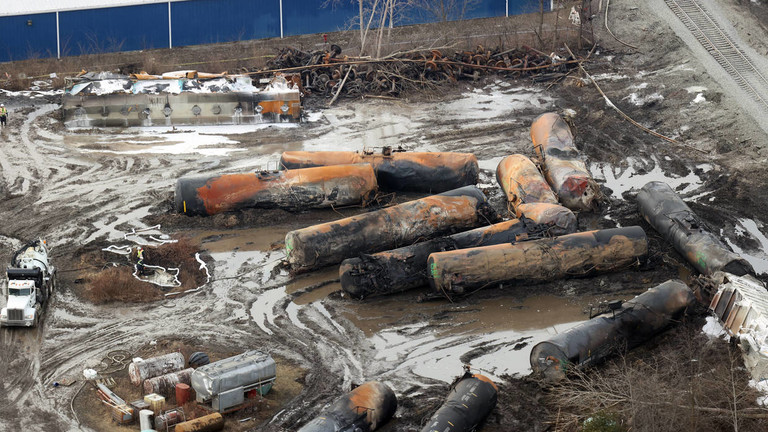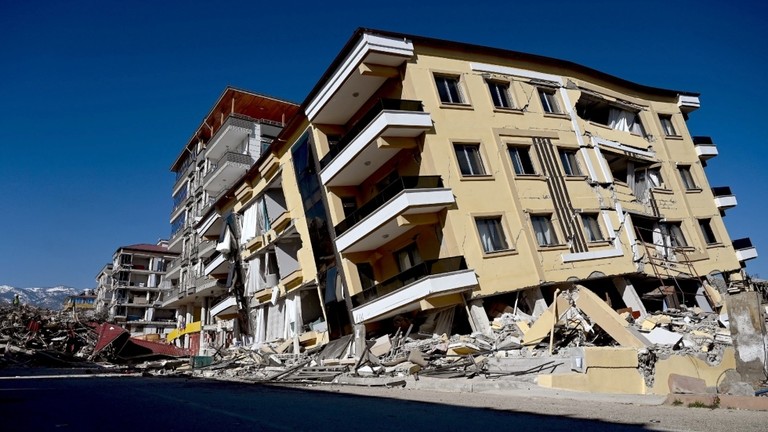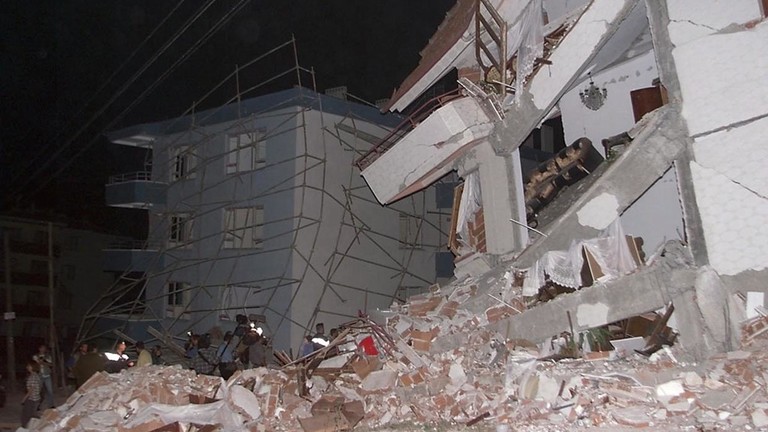As we edge ever closer to a Covid vaccine, the arguments for making it mandatory grow ever louder. This is wrong. I will be first in the queue to get it, but forcing people to do so breaches their human rights.
The good news is that it looks as if we will soon be able to access a safe and effective vaccine to protect us from the coronavirus. The bad news is that there are plans afoot to criminalise views that oppose this vaccine. And even worse, there is a lot of chatter percolating from official sources that suggests that some want to make vaccination mandatory.
YouGov has just published a truly terrifying poll that asked, “Once a coronavirus vaccine is available, would you support or oppose the government making it legally compulsory for all people in Britain to be vaccinated?” Alarmingly, 49 percent of those who were surveyed said they would support such a move.
Only 34 percent of those polled by YouGov stated that they opposed legally compelling people to be vaccinated. And that is worrying news.
Of course, polls only indicate part of the story. They represent off-the-cuff reactions to a question. Yet, the very fact that compulsory vaccination has become a focus for polling indicates that it has become an issue in society.
Compulsory vaccination represents a serious attack on people’s right to make decisions about matters that directly affect their body. It violates the principle of bodily integrity, which is the right of each human being to exercise self-determination over their own body.
Russia passes two million Covid-19 cases, sees record daily infections & deaths as some regions struggle for hospital bed
The freedom to make a choice about whether or not to accept a health intervention in your body is a fundamental one. In a democratic society, people cannot be forced to be vaccinated without losing their right to be free citizens. Historically, such coercive acts in the name of health have been promoted by eugenics-inspired governments like Sweden or by totalitarian states like Nazi Germany.
I am 100 percent in favour of receiving the first vaccine against Covid that I can lay my hands on. On balance, despite the great speed with which these vaccines have been innovated, I am convinced that the risk of infection is far, far outweighed by its possible side effects.
I am also 100 percent against making the vaccination compulsory. I was disturbed when I heard that Secretary of State for Health Matt Hancock refused to rule out mandatory vaccination.
And I got really worried when I read written evidence to a parliamentary committee from four scientists – Dr Lisa Forsberg, Dr Isra Black, Dr Thomas Douglas and Dr Jonathan Pugh – advancing an argument for making vaccination compulsory. These scientists wrote: “Our chief conclusion is that, as and when a vaccine becomes available at scale, the Government should give serious consideration to compulsory immunisation as a means of reducing the impacts of Covid-19. There is an arguable case for the compatibility of compulsory vaccination with human rights law.”
Their attempt to reconcile compulsion with human rights serves as testimony to the cynicism of the paternalistic ‘since we know better than you what is in your best interest, we will inject you whether you like it or not’ lobby. Unconsented physical intervention in a person’s body is a human rights violation.
Calls for compulsion are, if anything, likely to make the people who mistrust vaccination even more suspicious. It will reinforce their view that there must be something wrong if they are already talking about making it mandatory.
The most effective way of dealing with opposition to vaccination is to have a grown-up public discussion where citizens have an opportunity to air conflicting views. People have every right to be wary of a new vaccine. These vaccines are produced with unusual haste. Their effectiveness and side-effects are far from clear. And with billions and billions of dollars at stake, it is understandable that many members of the public are less than confident about the claims made by big pharmaceutical companies.
Those of us who welcome the new vaccine have an important job in convincing our more doubtful fellow citizens.
Sadly, it may turn out that society will be prevented from arguing out the pros and cons of the Covid vaccine. There is a dogmatic tendency to respond to opponents of vaccination as anti-vax promoters of fake news and conspiracy theorists. Unfortunately, anyone – even those who have understandable and serious concerns about this vaccine – risks being branded as a conspiracy theorist.
Russia’s pioneering Sputnik V Covid-19 vaccine sent to Geneva for approval from World Health Organization
The social media giants have already agreed to a series of measures with the UK government to police what they perceive as vaccine disinformation. These unaccountable companies get to decide what’s information and what’s disinformation.
There is a growing mood of intolerance which seeks to shut down discussion on the new vaccines altogether. One Daily Telegraph columnist declared“people are being infected by anti-vaxx lies – and that should be made illegal.”
The Labour Party has also jumped on the ‘censor them’ bandwagon. It has gone so far as to call for a new law to “stamp out dangerous” anti-vaccine content online, Shadow Health Secretary Jonathan Ashworth said such content was “exploiting people’s fears, their mistrust of institutions and governments and spreading poison and harm.”
It looks like the campaign against anti-vaccination sentiment has no inhibition about undermining two of our precious freedoms – freedom of speech and the right to bodily integrity. This campaign represents no less of a problem than the one posed by promoters of anti-vax conspiracy theories.
Society needs to win the argument for mass vaccination and not shut it down.
Think your friends would be interested? Share this story!


 NEWS5 months ago
NEWS5 months ago
 NEWS5 months ago
NEWS5 months ago
 NEWS5 months ago
NEWS5 months ago
 WAR5 months ago
WAR5 months ago
 FINANCE5 months ago
FINANCE5 months ago
 INVESTMENTS5 months ago
INVESTMENTS5 months ago
 FINANCE5 months ago
FINANCE5 months ago
